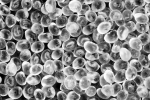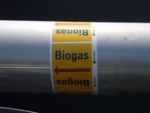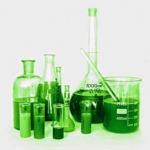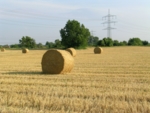Main navigation
Search Results
-
-
-
-
-
-
-
Dossier - 30/09/2014 
Industrial biotechnology a challenging change to the raw material base
Biogenic raw materials have never been as popular as they are now. Efforts to tap renewable carbon resources are already underway, despite the fact that new oil drilling technologies are boosting fossil fuel stockpiles. In the medium term, industry will have to expand its raw materials base, and in the long term it may have to renew it completely. Industrial biotechnology is one of the key technologies in the transition.
https://www.biooekonomie-bw.de/en/articles/dossiers/industrial-biotechnology-a-challenging-change-to-the-raw-material-base -
Dossier - 09/12/2013 
Industrial biotechnology biological resources for industrial processes
Industrial or white biotechnology uses microorganisms and enzymes to produce goods for industry, including chemicals, plastics, food, agricultural and pharmaceutical products and energy carriers. Renewable raw materials and increasingly also waste from agriculture and forestry are used for the manufacture of industrial goods.
https://www.biooekonomie-bw.de/en/articles/dossiers/industrial-biotechnology-biological-resources-for-industrial-processes -
Dossier - 14/05/2012 
Biogas a promising source of renewable energy?
In addition to sunlight water and wind biogas is a regenerative source of energy that contributes to saving fossil resources. Germany is home to around 7100 biogas plants including 796 as of 2011 in Baden-Württemberg. In 2010 these facilities produced 11 per cent of the electricity generated from renewables in Germany. Energy-rich methane is the major constituent of biogas and is produced when organic compounds are broken down by bacteria in the…
https://www.biooekonomie-bw.de/en/articles/dossiers/biogas-a-promising-source-of-renewable-energy


